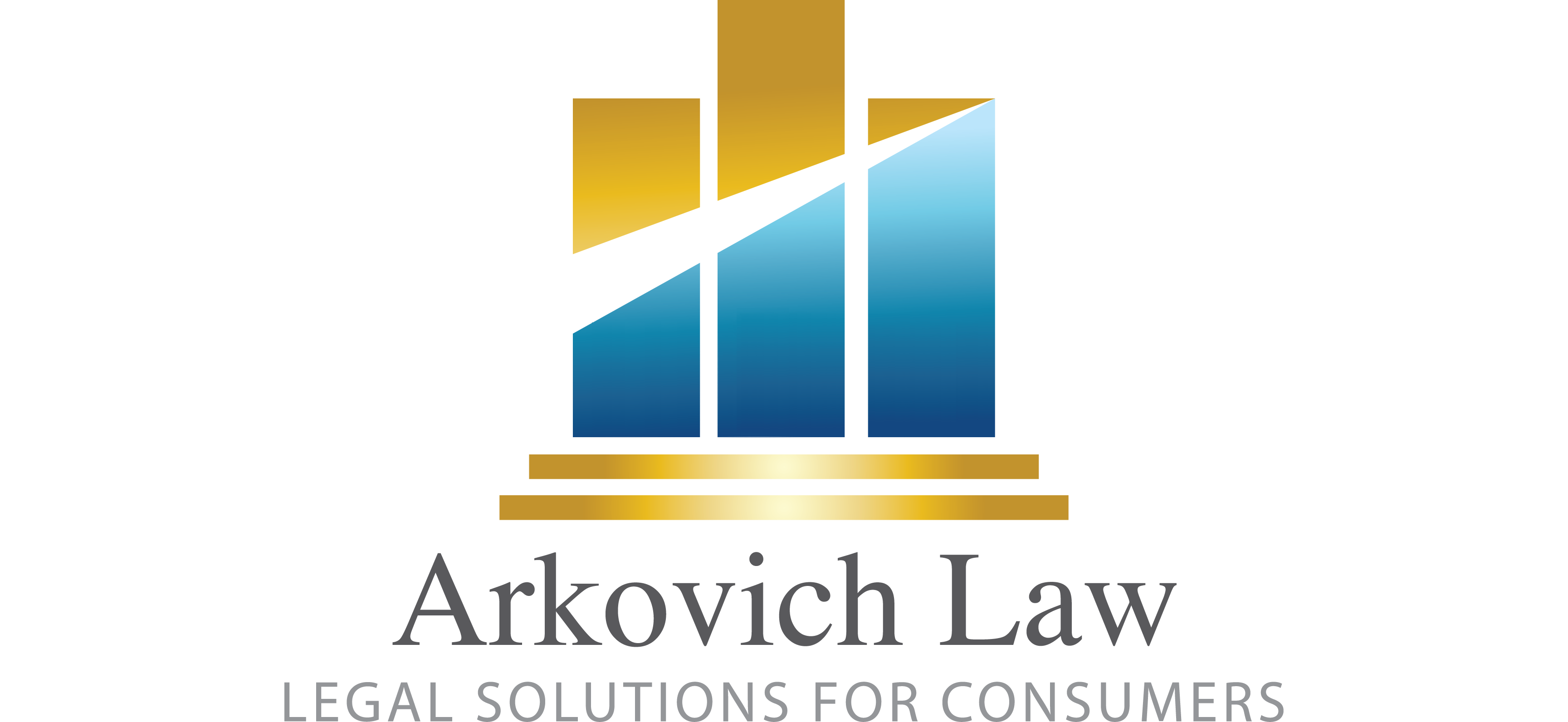 Reminder, ABI’s presentation for the new DOJ bankruptcy attestation discharge process is today at 3:00 p.m., here’s the link: https://abi.org/events/student-loans-in-2023-is-bankruptcy-finally-a-viable-option?utm_source=social&utm_medium=banner&utm_campaign=abiLIVE_studentloan23&mibextid=unz460
Reminder, ABI’s presentation for the new DOJ bankruptcy attestation discharge process is today at 3:00 p.m., here’s the link: https://abi.org/events/student-loans-in-2023-is-bankruptcy-finally-a-viable-option?utm_source=social&utm_medium=banner&utm_campaign=abiLIVE_studentloan23&mibextid=unz460
We are presenting along with Chad VanHorn from South Florida to explain how to file these cases, and give practical tips along the way! I’m sure the ABI will have a recording of this national webinar available on their website if you can’t make it .
 Reboot Your Life: Tampa Student Loan and Bankruptcy Attorney Blog
Reboot Your Life: Tampa Student Loan and Bankruptcy Attorney Blog



